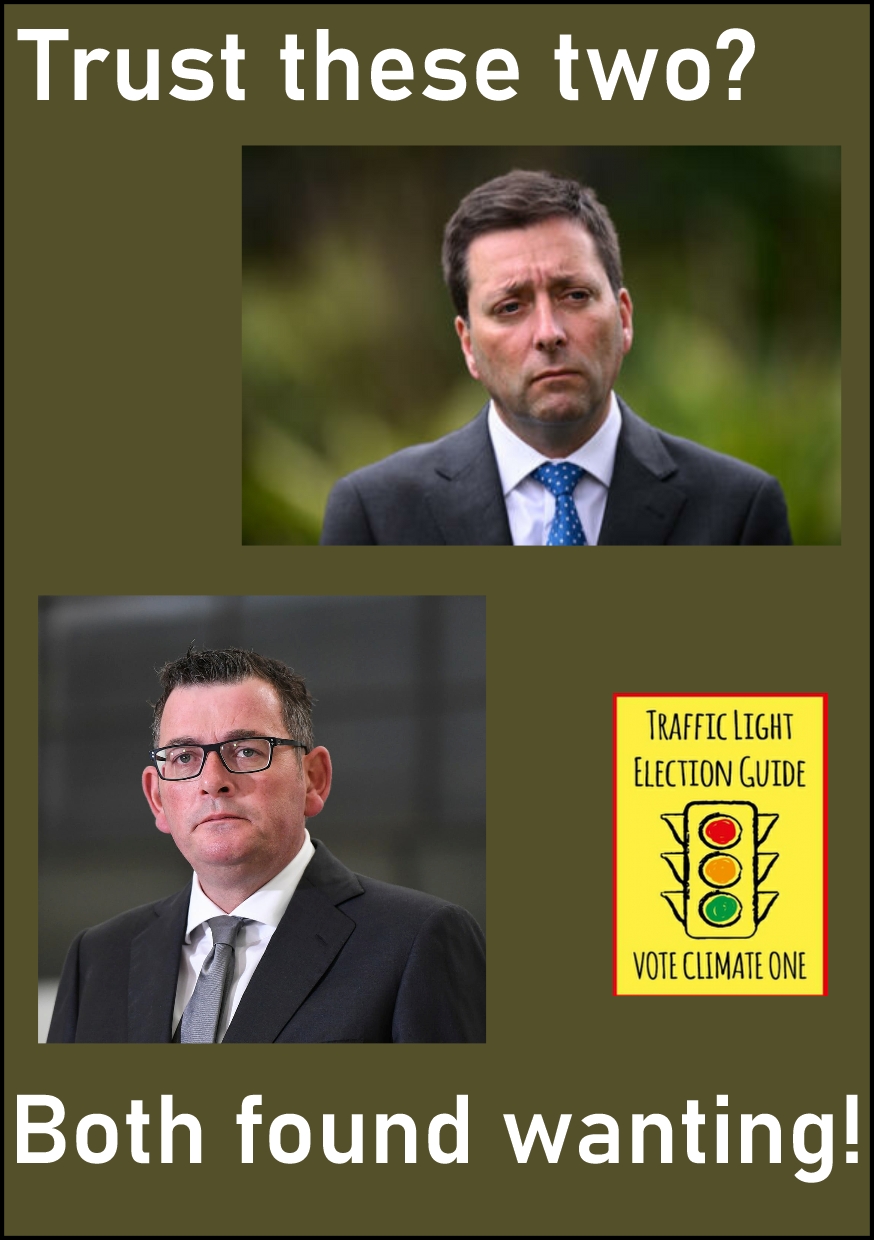We don’t want majority governments!

If single parties can pass legislation on their own, it’s hard to stop them from becoming puppets of obscenely wealthy special interests
The climate scientist, Bill McKibben in his Critical Years blog article, “Big Oil is addicted, but it’s killing the rest of us“, explains that fossil fuel industry is ‘addicted’ to the super-profits it can generate by continuing to increase its production of products and their lethal greenhouse gas emissions. The industry will do anything it can to stay in this business, including using its vast wealth to corrupt government.

By Bill McKibben, 26/10/2022 in The Crucial Years
Big Oil is addicted, but it’s killing the rest of us
A shocking new summary of fossil fuel’s assault on public health
Yesterday afternoon, the British medical journal The Lancet published a vast and remarkable assessment of the health impacts of climate change. (Produced in Britain, the Lancet is among the world’s most venerable journals—it’s where Joseph Lister published his plan for antiseptic surgery in 1867.) Assembled by a team of more than a hundred researchers, the report found that
“Because of the rapidly increasing temperatures, vulnerable populations (adults older than 65 years, and children younger than one year of age) were exposed to 3.7 billion more heatwave days in 2021 than annually in 1986–2005, and heat-related deaths increased by 68% between 2000–04 and 2017–21.”
and also that
“the number of months suitable for malaria transmission increased by 31.3% in the highland areas of the Americas and 13.8% in the highland areas of Africa from 1951–60 to 2012–21, and the likelihood of dengue transmission rose by 12% in the same period. The coexistence of dengue outbreaks with the COVID-19 pandemic led to aggravated pressure on health systems, misdiagnosis, and difficulties in management of both diseases in many regions of South America, Asia, and Africa.”…
…[T]he fossil fuel industry has spent decades blocking the way—a massive three-decade campaign of deceit, denial and disinformation; an ongoing lobbying effort against renewables that the industry boasts will get even more powerful if the GOP wins the midterms; endless support for rightwing lawmakers to make sure that lobbying will work.
I think the question I get asked the most may be: why do these vast oil companies not simply convert to energy companies? Why don’t Exxon and Chevron decide to own the renewable future, instead of investing at most a few percent of their research budgets on clean tech?
And the answer is, if you think about it, sadly logical. You can make some money putting solar panels on people’s roofs—there will be solar billionaires. But you can’t make Exxon money, because once the panel is up there, the sun delivers the energy for free every day when it rises above the horizon. From Exxon’s point of view, this is the stupidest business model ever: they made their fortune by selling you more energy, every week for your entire life. They are hooked.
Read the complete article….
Because the fossil fuel producers are hooked, they will use their immense financial power in any way they can to ensure that governments make life easier for them to feed their daily addictions for their ever growing fortunes. This is irrespective of how many people are killed and the biosphere is damaged in other ways. The craving for the daily fix is more important than any concern about the future of life on Earth.
Majority governments are easy pickings. Political parties are addicted to power and will do almost anything to stay in power. Fossil fuel interests can do a lot (‘ethically’ or unethically) to help a party to gain majority power or (especially) to stay in power. Climate Sentinel News has given many examples of how Fossil Fuel subverts governments to feed emission producing addiction. Here are three:
- Scotty from Marketing sets the tone of truthfulness for the COALition Government he leads
- Old report: fossil fuel’s political donations and Government
- Our puppet governments organize banquets where their piggy patrons with special interests can feed on our roasting environment
It is much harder to corrupt a minority government that depends on the cooperation of several independent (and often shifting) entities to pass legislation. Probably the most difficult government of all to corrupt is one where the balance of power is held by community independents ethically representing the community of voters that selected and elected them. Such independents will work for the interests of those who voted for them rather than a party line representing special interests of major patrons working to keep the party in power.
Vote Climate One is working to provide Australian (and Victorian) voters with the information you need to elect representatives who will work for you rather than for the lethal addictions of the fossil fuel industry. See our Voting Guides – Vic for the upcoming Victorian State Election on 26 November 2022.